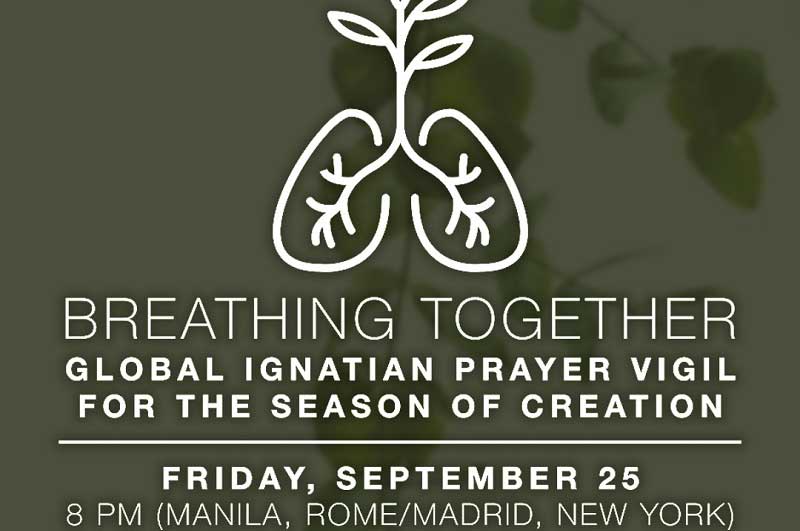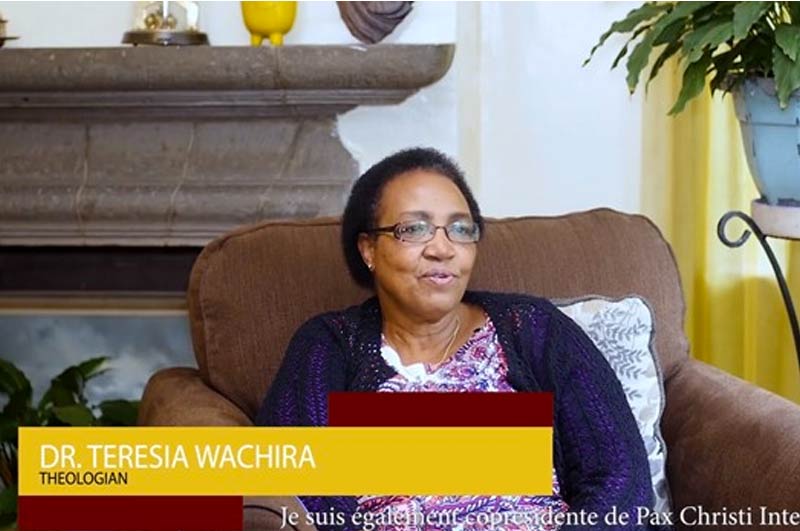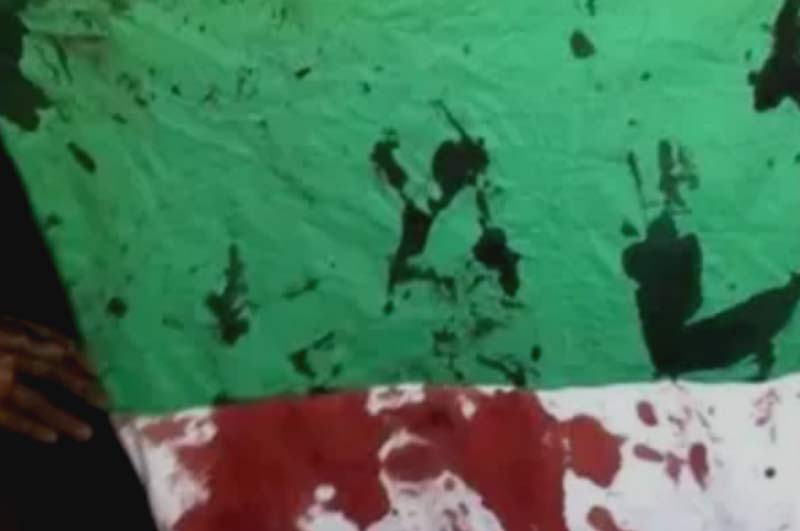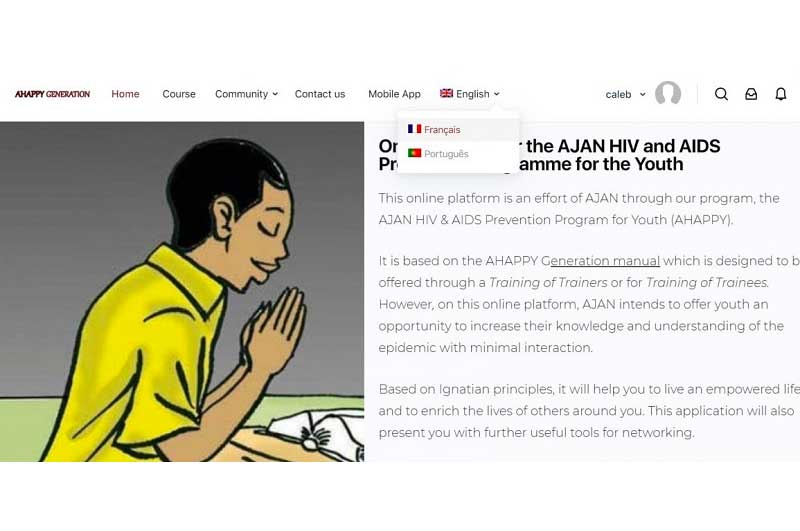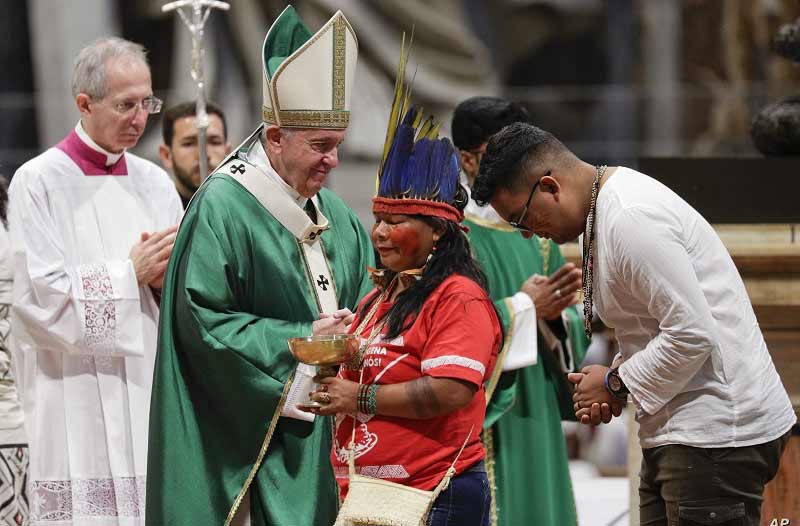


A Jesuit from Ivory Coast says the new papal document confirms that Francis practices ecclesial discernment and true dialogue
Father Jean Messingue, a Jesuit theologian and psychologist, is the interim director of the Theological Institute of the Society of Jesus in Abidjan (ITCJ). In this interview with La Croix Africa's Lucie Sarr, he analyses Querida Amazonia (Beloved Amazonia), Pope Francis' new post-synodal apostolic exhortation.
La Croix Africa: The pope's new document, which comes in the aftermath of the Amazon Synod, was published on Feb. 12. What can we take away from this text?
Father Jean Messingue: This exhortation is an excellent program for pastoral renewal in the Amazon to create a Church with an "Amazonian face".The pope places this program in the perspective of inculturating the incarnation of the Gospel and the Church in Amazonia. The exhortation presents quite clearly a vision, mission and strategic direction. There are even proposals for how to carry that out. It also proposes a contextualized reflection on inculturation, which highlights its various dimensions (social, spiritual, ecclesial, liturgical and ecological).
We were expecting the pope to address issues concerning the ecology, priestly ordination of married men and the female diaconate. How did the text do that?
The pope integrates ecology into an integral and multidimensional vision of the inculturation of the proclamation of the Gospel. It is very enlightening how he links ecology with inculturation. The central question of the Synod was evangelization in Amazonia. The text offers some possible answers, and ecological considerations are present in them. The question of the priestly ordination of permanent deacons of proven virtue does not appear in the exhortation. The exhortation is part of the process of discernment. And the pope is attentive of this process, which requires confirmation. The exhortation is the fruit of discernment. It is not a strategic response. We can imagine that, in this process of discernment, the pope considers the greater good of the Church. On the other hand, the Holy Father reminds us in Amoris Laetitia that "time is greater than space." From a pastoral point of view, he understands that some changes can be made only in stages, gradually. This exhortation confirms, therefore, that Francis practices the ecclesial discernment and true dialogue that he proposes to the missionary Church. Perhaps this exhortation can help us understand that the ordination of married men was not the only and sufficient solution for the Church in Amazonia.
There are many similarities between the realities in the Amazonian region and those in certain regions of Africa. How can the pope's text be helpful for Africa?
A Church "with an Amazonian face." This expression recurs frequently in this exhortation. That is the objective of inculturation, which is the project of the Church Family of God, indeed of every local Church. This exhortation invites the Church in Africa to take stock of its project of inculturation. Has it become a Church with an African face? Inculturation is a dynamic process. The present realities of Africa invite us to renew this project of inculturation-incarnation with all its various dimensions, as the pope has proposed. The exhortation speaks extensively of the contribution of the laity in evangelization. This can encourage the Church in Africa to continue to foster a greater involvement of the laity in the mission and governance of the Church. Finally, the exhortation's emphasis on women, especially their contribution in the Amazon, invites us to make the contribution of women in the mission of the Church in Africa more visible.
Source: La Croix International (All rights reserved) Photo: Associated Press (AP)Related Articles
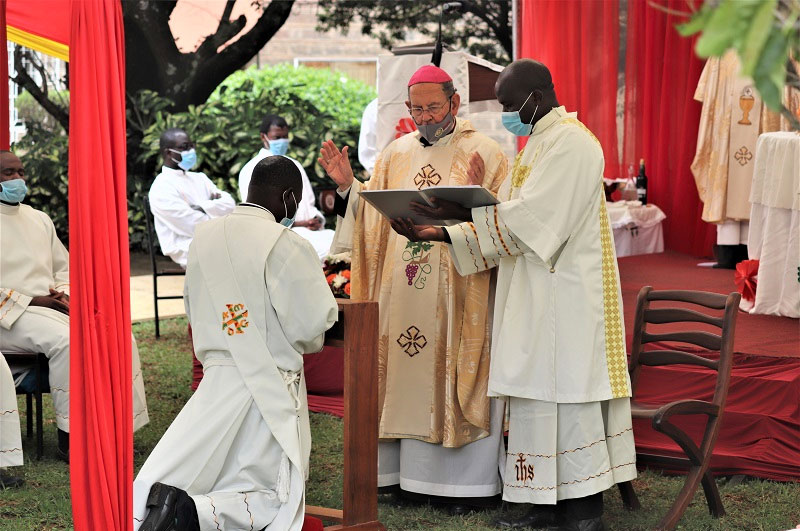
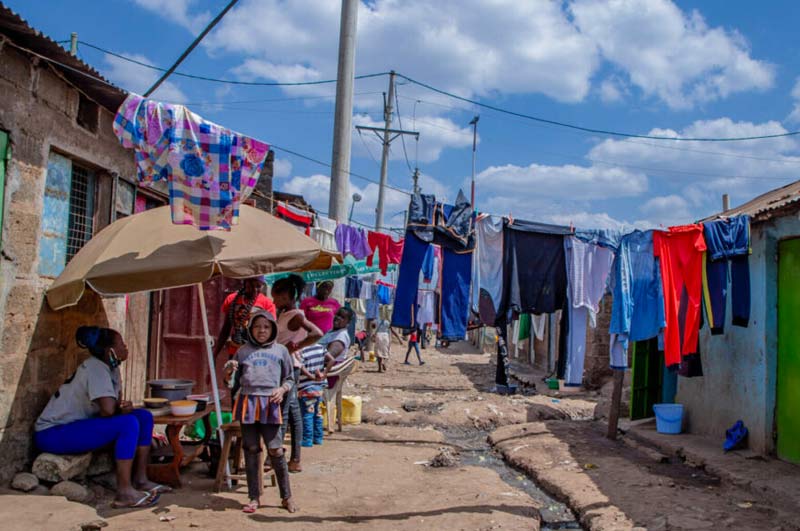

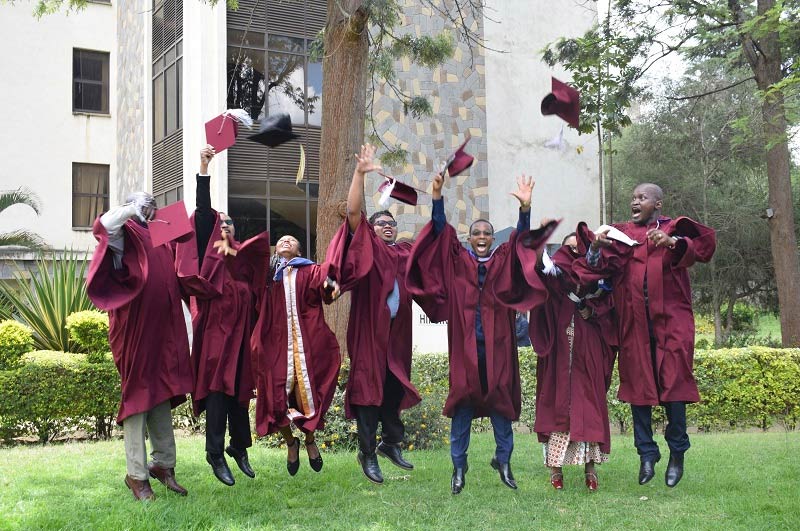
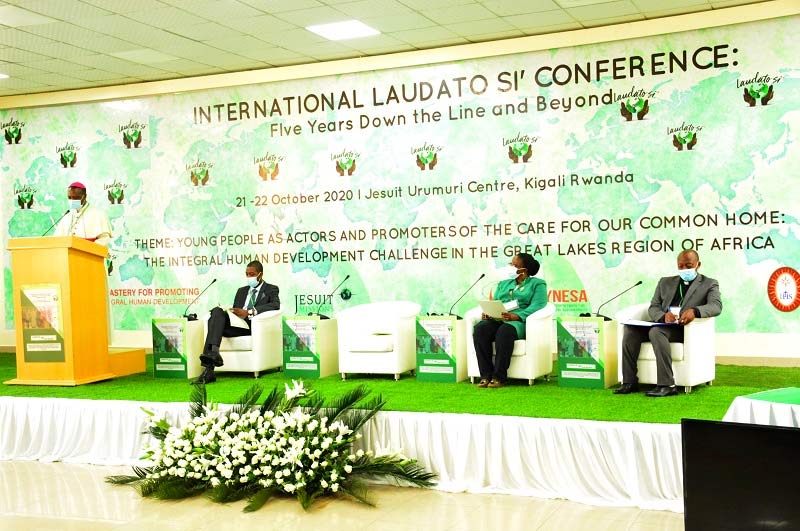
Select Payment Method
Pay by bank transfer
If you wish to make a donation by direct bank transfer please contact Fr Paul Hamill SJ treasurer@jesuits.africa. Fr Paul will get in touch with you about the best method of transfer for you and share account details with you. Donations can be one-off gifts or of any frequency; for example, you might wish to become a regular monthly donor of small amounts; that sort of reliable income can allow for very welcome forward planning in the development of the Society’s works in Africa and Madagascar.
Often it is easier to send a donation to an office within your own country and Fr Paul can advise on how that might be done. In some countries this kind of giving can also be recognised for tax relief and the necessary receipts will be issued.


